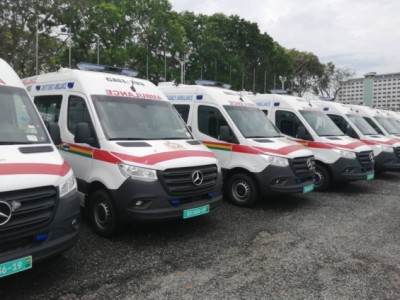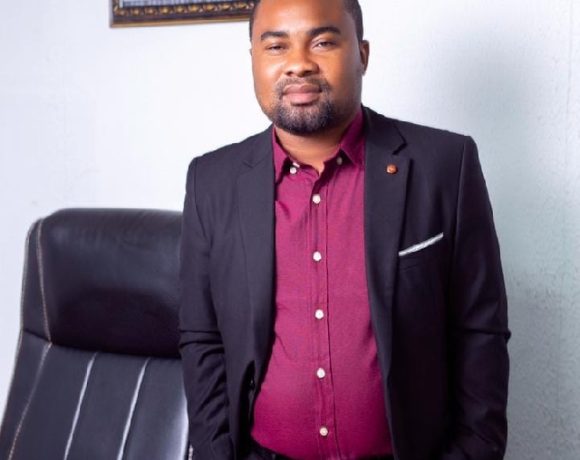Healthcare Expensive; ‘Cash and Carry’ Public Ambulance Emergency Service Demeaning, Inhumane, Unethical

When Ambulance Service everywhere is for emergency purposes and, emergency relating to crisis matter and of disastrous consequences when involved human lives, the last thing one expects in the important paramedical operations, especially, when the state is the benefactor, is illegalized ‘cash and carry’ tendency that results to deaths as revealed in two recent cases under review.
Indeed, we disbelieved these, and even would have climbed up the guillotine in a vouch, until the Chief Executive of Ghana’s national ambulance service ‘debated’ it to be truth, under parliamentary oath.
On Monday, the National Ambulance Service’s Chief Executive, Prof Ahmed Nuhu Zakaria, admitted that his officers demanded GH₵600 from the husband of a pregnant woman under complex situation, before agreeing to transport the patient.
The patient, 30-year-old nursing mother, Augustina Awortwe, died whilst in transit due to the delay on the part of the officers of the Service who allegedly were demanding GH₵600 beforehand.
Prof Zakaria, who took his turn before the ad-hoc committee constituted by Parliament to investigate the incident, justified the charge of GH₵600, insisting it is standard practice towards fuel support, which got a thousand butterflies swarming the stomachs.
But before The Anchor could say jack, a Seidu Abdul Gafaru, listening to radio discussion on the above episode on Joy Fm bursts out, narrating the ordeal his family went through with the National Ambulance Service (NAS) when his brother was knocked down by a car.
Gafaru recounts his brother, Seidu Mohammed, had a head injury as a result of the accident and was rushed to the Damongo Government Hospital, whereupon reaching the hospital, the family was told the kin needed to be rushed to the Tamale Teaching Hospital; exhuming up their real ordeal when the crew manning the ambulance transporting his brother demanded GH¢700 for fuel; a straw that broke the family’s back. And, if the two incidents are not classified emergency cases like the Professor Zakaria confesses, then, what is it?
It would be a curse, in fact, a taboo, for a healthy individual to just call and want to ride in an ambulance through town. Many sick persons even abhor touching the body of the hearse and would strain to get themselves other ways possible to the hospital. That is why this paper insists the Ambulance service might be minding other nefarious services than the ‘emergency’ issues.
However, when many other victims and or their families are yet to speak, the Anchor opines, this must be one of the country’s myriad of political misfortunes.
The paper questions as to wherein lies the proverbial national cake for the citizenry: can we have a sense of belonging for once in a country are all proud of.
Today, in many jurisdictions, taxicab and motorcycles are being used in place of ambulance and, one curiously sees a covered dead body being carried in-between two pillion-riders on motorbikes to the mortuary; taxis are often used; the unknown results are therefore here to show.
When common beds are very scarce at Ghanaian hospitals forcing postnatal mothers and newly-born babies to sleep on hospital floors at the vagary of pneumonia, it is interesting to note that the country’s politicians, after enjoying free fuel largesse in their gasoline-guzzling 8-valved or V8 vehicles in town, are equally ferried out to the Cromwell’s in London and other foreign hospitals, even if they should complain of our tropical weather related fatigue’s common migraines. Moreso, where for their expensive health-jokes force excited medics to administer rather complexly strong medicines, instead of the ordinary ‘rapinol, Alagbin, “APC” and “Codin” that have been sustaining us for all these methuselan-years; then come extravagant state funerals.
Yes; the paper would rather, if accepting the return of perpetration and perpetuity of class society that filters off some of us, at least, the semblance of emergency healthcare service should be portrayed in practice, to make the people truly feel part of the land of out death.
For;though, healthcare is expensive, ‘Cash and Carry’ in public Ambulance emergency service seems the most deceptive, demeaning, inhumane, and, in fact, hypocritically, unethical.
Source: Anchorghana




